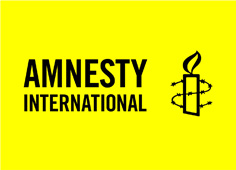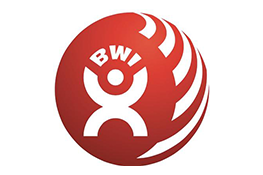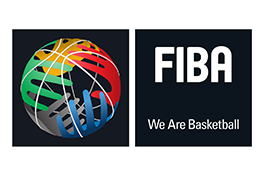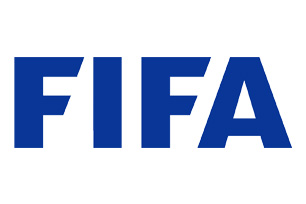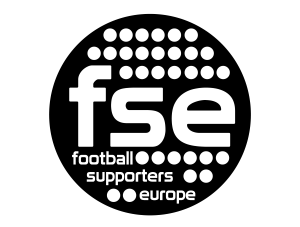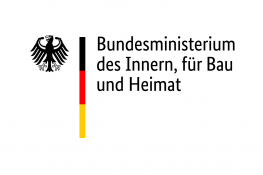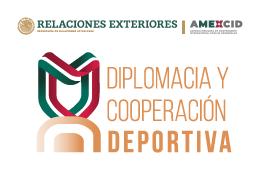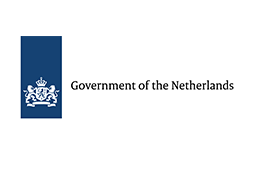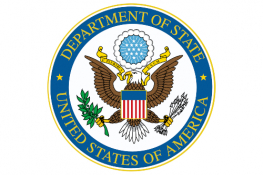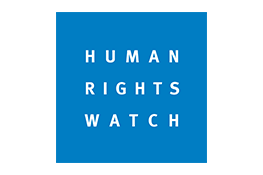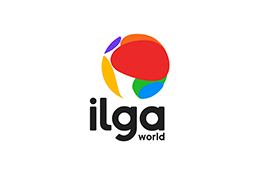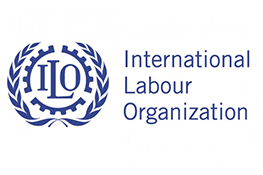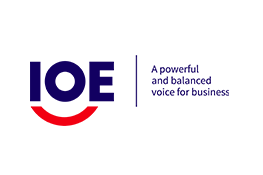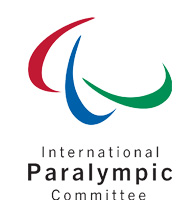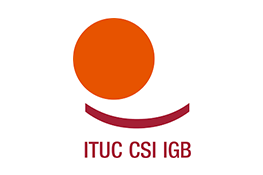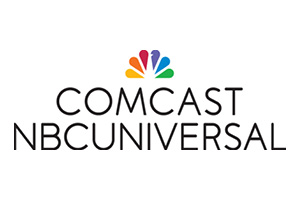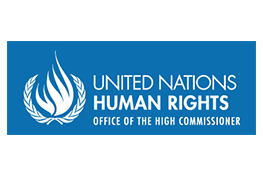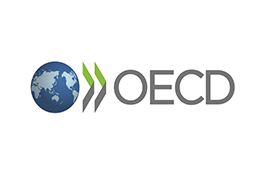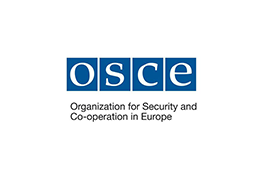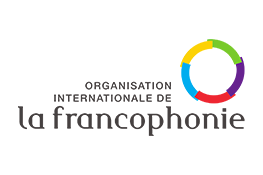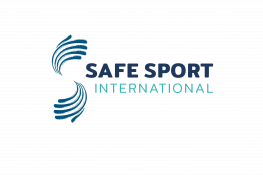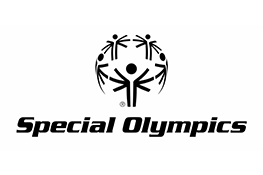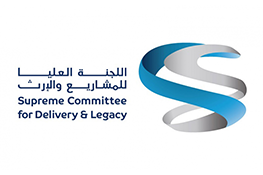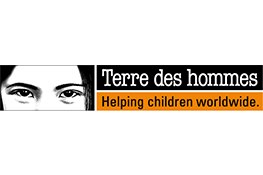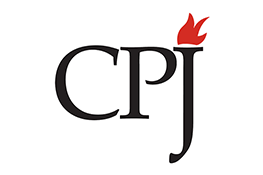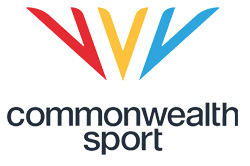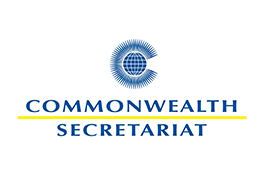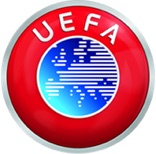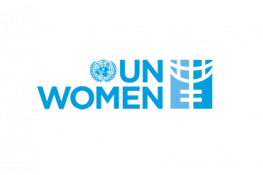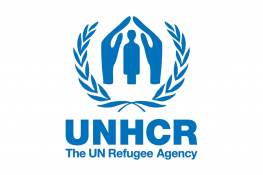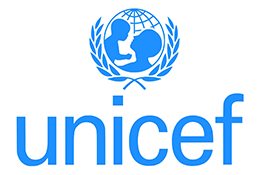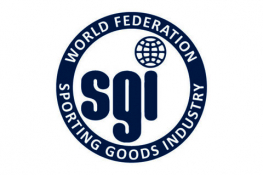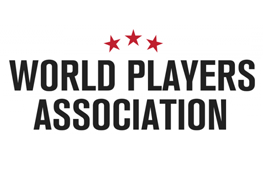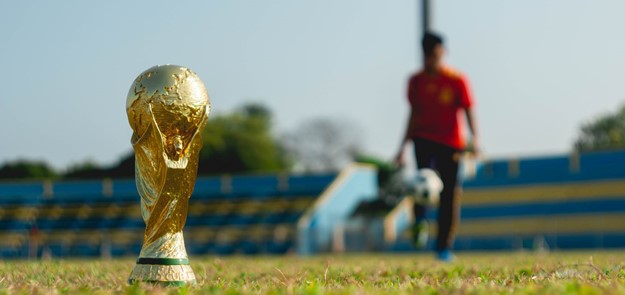
Expert Consultations on FIFA’s Human Rights Bidding Requirements
FIFA has made signification strides on human rights in recent years, a process which can arguably trace its origins to 2014 when the Centre for Sport and Human Rights’ (CSHR) founding Chair Mary Robinson, together with Professor John Ruggie – author of the UN Guiding Principles, wrote to FIFA in their capacities as patrons of CSHR’s parent organisations, the Institute for Human Rights and Business (IHRB). This engagement came at a time of significant concerns about sports governance, most notably at FIFA where, in Spring 2015, the US’ Federal Bureau of Investigation (FBI) arrested seven FIFA executives, catalysing The FIFA Scandal. The FBI had found evidence of “rampant, systemic, and deep-rooted” corruption, including bribery and money laundering. Subsequently, FIFA President Joseph “Sepp” Blatter was struck off and banned from football activity for six years.
This letter stressed the need for “sustained due diligence […] with respect to decisions about host nations and how major sporting events are planned and implemented.” Five clear recommendations are outlined in the letter, including a request that FIFA “make an explicit commitment to respect human rights.”
Following recommendations outlined in the landmark report “For the Game, For the World” written by John Ruggie, FIFA published a human rights policy in 2017. In addition, FIFA established a Human Rights Advisory Board – an independent group which advises FIFA on human rights-related matters. The model of having such a group has become best practice for sports bodies wishing to have independent and robust human rights processes. As a further part of the recommendations, in 2017 FIFA sought guidance and feedback from the Centre team on how to embed human rights within its bidding process, in order to fulfil its new commitment to respect human rights. As a result, FIFA introduced robust bidding requirements that are now in line with the UN Guiding Principles, meaning that for all future World Cups, starting in 2026, any country or region wishing to bid to host a World Cup, will have to conduct a human rights risk assessment and outline how they intend to mitigate each of the risks identified. These risks include workers’ rights, forced evictions, discrimination, freedom of speech and, of course, financial corruption.
As stated by FIFA at a conference in 2019, the initial letter sent by the Centre’s founding Chair Mary Robinson and John Ruggie catalysed a series of events which resulted in FIFA being the first sports body to both adopt a human rights policy and integrate human rights into the bidding requirements for future events, and the Centre continues to collaborate with FIFA and others on improving human rights in and through sport.


